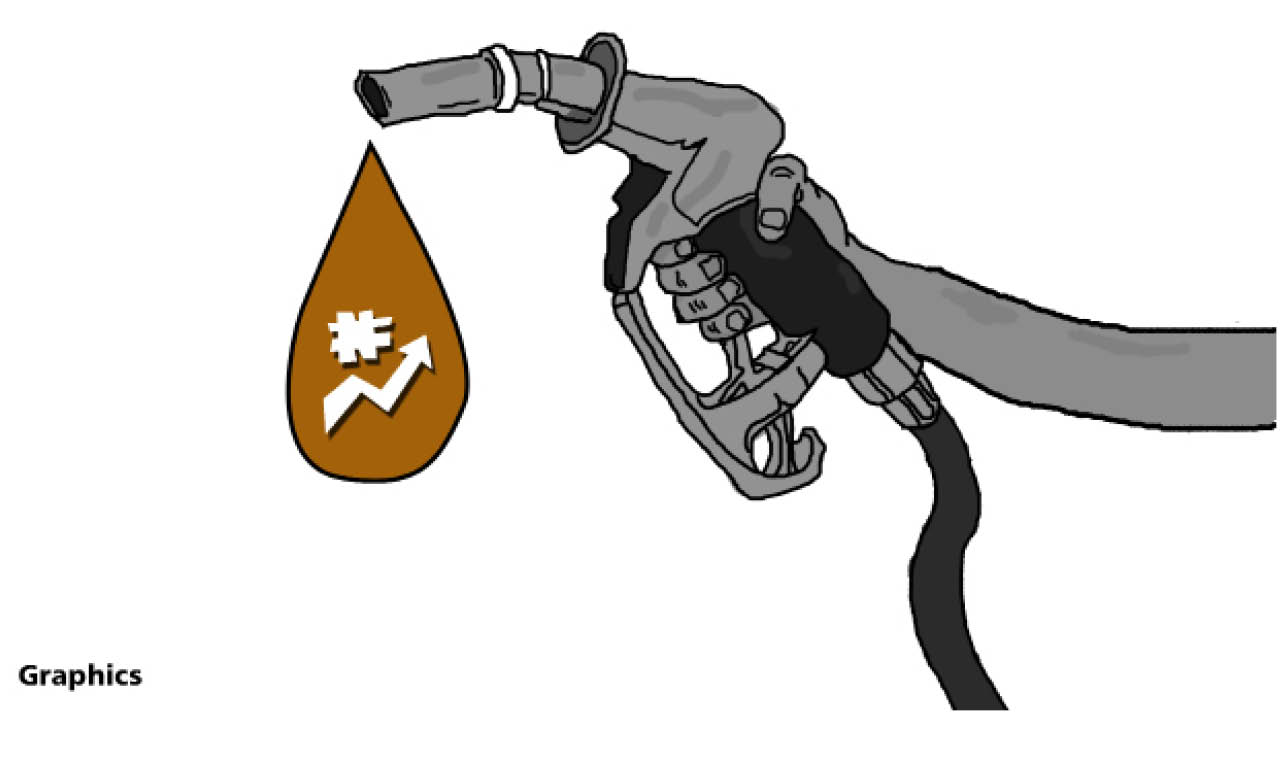Last week’s speedy approval of the second supplementary budget is not dissimilar to the first one, which happened three and a half months ago. Many call it a rubberstamp approval—where no scrutiny was conducted before the approval. Yes, I am referring to the budget that included the controversial presidential yacht, the vehicles for the Office of the First Lady, upgrades of the presidential palace in Lagos, and so many luxury items added that made it controversial. But that’s not what we will be talking about here. The budget was so controversial it made everyone forget the first supplementary budget.
I vividly remember the first supplementary budget, July 13, 2023, because it included the approval of the $800 million World Bank loan, an equivalent of N500 billion then. The proposal was that 12 million households would receive N8,000 per month for six months. I even wrote about how the funds could be distributed equitably across the states using the data of the multidimensionally poor and pointed out that the numbers did not add up.
In less than a week, on July 18, the government announced that the proposal was going to be reviewed. Instead, farmers and households across the country would receive grains as palliatives. Consequently, two days later, the National Economic Council (NEC) went on to support the position and also challenged the integrity of the National Social Register, which was used for eight years under the Buhari administration. The NEC resolved that the states should use formal and informal means to design their social registers so that beneficiaries could easily be accessed.
But before the state social register got any media attention, Tinubu made a national television broadcast on Monday, July 31. He announced an N500 billion package but did not specify where it would come from. We presumed it would be the approved money for the 12 million poor households by the National Assembly as there was no appropriation made for this. The package included cheap loans to farmers and small businesses to boost employment and mass CNG transit buses. He also announced that Nigeria had saved over a trillion naira in a little over two months, emphasising that such money would have been squandered on the unproductive fuel subsidy, which only benefitted smugglers and fraudsters. Of course, the savings are just superficial because the fuel subsidy was only budgeted until June 2023.
Impeachment: Those employing Propaganda against Wike fueling crisis – Rivers Elders
Imo: Attacks on opposition, furore over booking of hotels heighten tension
These were mere promises, so hardship persisted over the next few days. On August 17, following the NEC meeting, one of the state governors came out to announce that the NEC has agreed a subsidy removal palliative package of N5 billion for each state to cushion the economic hardship facing Nigerians as a result of fuel subsidy removal, that is a total of N185 billion to 36 states and the FCT.
On August 31, after meeting with the World Bank Country Director in Abuja, the Minister of Humanitarian Affairs, Betta Edu, announced the Conditional Cash Transfer project. She suggested that the proposed disbursement of the $800 million World Bank loan, that is, the N500 billion approved by the National Assembly, will now cover 15 million households under its updated social safety net project. I wish she could explain how she came up with this augmented figure. Anyway, she said they will now work with the World Bank to expand the National Social Register—the same social register that has so many question marks and no credibility.
As the hardship of the removal continued in September, news reports revealed that the fuel subsidy is back, and NNPCL is now taking NLNG dividends to pay for it. For the common person, fuel prices are as high as when Tinubu took over. Experts looking to explain where Tinubu’s savings are going were now making a case for the payment of the subsidy. Meanwhile, SERAP felt the state governors needed to account for the N5bn subsidy palliative given to them, and it sued them.
Then, on Independence Day, Tinubu promised that commencing October, the social safety net would be extended through the expansion of cash transfer programmes to an additional 15 million vulnerable households, which was clarified to be N25,000 for three months, which will amount to N1.25 trillion. But only N500 billion was appropriated. Now, fast-forward to the second supplementary budget; the budgeted amount for cash transfer to vulnerable households is N400 billion. Of course, they said they are only targeting five million households now. If an individual company were to behave in this manner, we would call them unserious. The shift from cash transfers to grain distribution to the augmentation of beneficiaries without clear funding sources and the return of the fuel subsidy despite prior savings show a lack of strategic foresight and inconsistency in public financial management.
As we can see, the whole style of governance is spontaneous and confusing. Unsurprisingly, this is what is happening across the board. Government policies can only be successful when they are consistent and predictable by the wider public. When fiscal measures are taken, they must not breed uncertainty. The government needs to allow people to plan and adjust to market realities because it is the people who make policies work. It may sound not relevant, but if the government wants to respect the principles of a free market, then it is necessary

 Join Daily Trust WhatsApp Community For Quick Access To News and Happenings Around You.
Join Daily Trust WhatsApp Community For Quick Access To News and Happenings Around You.

